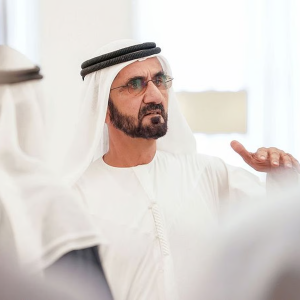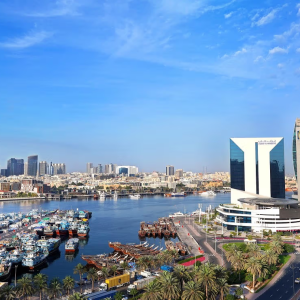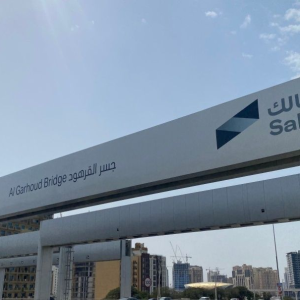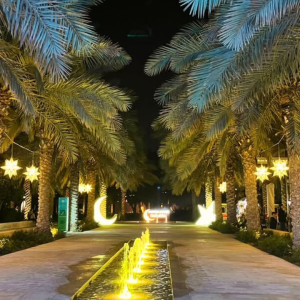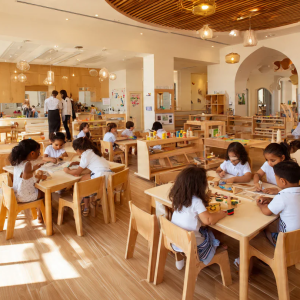The Abu Dhabi real estate market has shown strong growth in the first half of 2025, supported by major infrastructure projects, foreign investments, and favorable government policies. With new residential, commercial, and industrial developments across the emirate, investor confidence is at an all-time high.
This article explores the key factors driving this growth, the latest market trends, and what homebuyers, investors, and developers can expect in the months ahead.
A Promising Start to 2025
The first six months of 2025 have brought positive momentum to the Abu Dhabi real estate market. According to data released by the Department of Municipalities and Transport (DMT), total real estate transactions in H1 2025 surpassed AED 45 billion, marking a year-on-year increase of over 15%.

This impressive figure includes both sales and mortgage transactions, indicating a healthy balance of end-user demand and investment activity.
Key Highlights from H1 2025:

- Total transactions: Over AED 45 billion
- Top performing areas: Yas Island, Al Reem Island, Saadiyat Island
- Property types in demand: Luxury villas, waterfront apartments, mixed-use developments
- Buyer profile: Local residents, GCC nationals, and international investors
Infrastructure Development Driving Growth
One of the primary reasons for the boom in the Abu Dhabi real estate market is the government’s ongoing investment in infrastructure.
The Abu Dhabi Economic Vision 2030 and the recently announced Ghadan 21 initiative have created strong foundations for real estate expansion. From upgraded road networks to public transportation and new community facilities, infrastructure plays a vital role in boosting property values and enhancing livability.
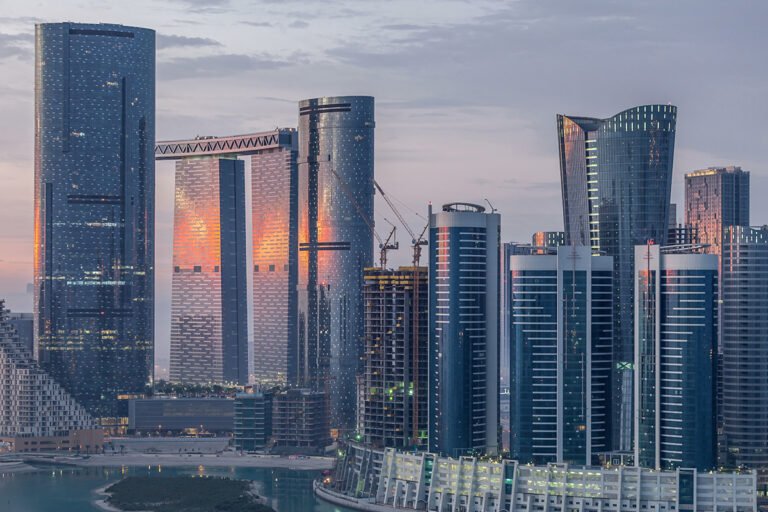
Major Infrastructure Projects in 2025:
- Etihad Rail: The UAE’s national railway is extending into Abu Dhabi, improving logistics and connectivity
- Airport expansion: Abu Dhabi International Airport’s Midfield Terminal is in final stages, increasing travel capacity
- New highways and smart mobility systems: Faster travel times and less congestion
- Sustainability upgrades: Smart energy and water conservation systems integrated into new housing developments
All these improvements have made the capital more attractive not just to residents but also to global investors looking for long-term returns.
Foreign Investment on the Rise
The easing of foreign ownership laws has been a game changer for the Abu Dhabi real estate market. Since the introduction of full foreign property ownership rights in designated investment zones, interest from overseas buyers has surged.
In H1 2025, nearly 40% of real estate transactions involved foreign buyers, reflecting strong international confidence in the market.
Top Nationalities Investing in Abu Dhabi Real Estate:
- India
- United Kingdom
- China
- Russia
- Saudi Arabia
International investors are drawn to Abu Dhabi’s:
- Stable economy and strong governance
- Attractive rental yields compared to other global cities
- High-quality lifestyle with access to top-tier healthcare, education, and entertainment
- Zero income tax environment
Residential Market Trends: Villas and Waterfront Homes in Demand
In the residential segment, luxury villas and waterfront apartments have led the way in H1 2025. Buyers are seeking spacious living, private outdoor areas, and community amenities, a trend that gained popularity during the post-pandemic era and continues in 2025.
Most in-demand residential areas:
- Saadiyat Island: Known for its beaches, cultural landmarks, and exclusive communities
- Yas Island: Offers entertainment, golf, shopping, and modern housing
- Al Reem Island: A mix of high-rise apartments and waterfront living
- Al Raha Beach: A family-friendly neighborhood with high-end housing
Average residential prices have increased between 5 to 10 percent in these zones, with luxury units seeing even higher appreciation.
Commercial Real Estate: Revival in Office and Retail Spaces
With the economy regaining pace, demand for commercial properties has rebounded. Office leasing activity has picked up in key business districts such as Al Maryah Island and the Central Business District.
Retail and hospitality sectors are also seeing new investment as tourism rises and consumer confidence returns.
Key Commercial Developments:
- Mixed-use towers in the business hubs
- Retail parks near residential communities
- Grade-A office space with flexible leasing options
Abu Dhabi is positioning itself as a regional business hub with a mix of incentives and advanced infrastructure that support startups, SMEs, and multinationals alike.
Government Initiatives Fueling the Market
Several initiatives have directly supported the Abu Dhabi real estate market
- Golden Visa Program: Long-term residency for investors, entrepreneurs, and skilled professionals
- Digital property registration: Faster and more transparent transactions
- Off-plan sales support: Developers are encouraged to provide flexible payment plans
- Smart city planning: Integration of green tech and sustainable construction
These policies are building trust and making Abu Dhabi a more attractive and accessible market for all types of property buyers.
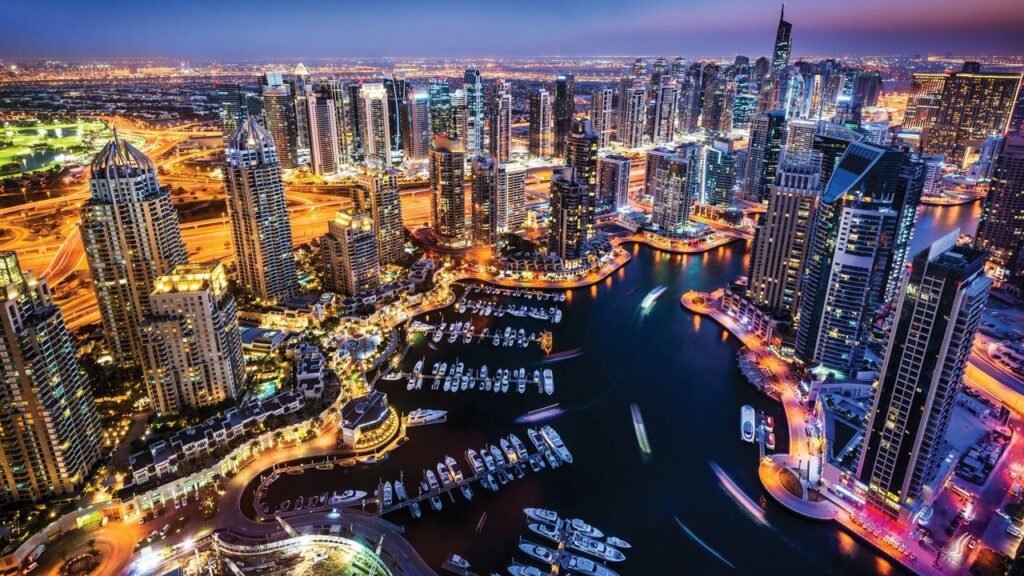
Sustainability and Smart Cities
Sustainability is a key focus in Abu Dhabi’s real estate strategy. Developers are now integrating green building practices, renewable energy solutions, and digital infrastructure into their projects.
From eco-friendly building materials to energy-saving smart systems, the emirate is leading the way in sustainable urban living.
Examples of Smart Developments:
- Masdar City: A global benchmark for sustainable urban development
- Aldar’s sustainable projects: Incorporating solar panels, green roofs, and energy-efficient cooling systems
- Community apps and e-services: Making residential life more connected and efficient
Such developments not only reduce environmental impact but also increase long-term property value and appeal to eco-conscious buyers.
Outlook for H2 2025 and Beyond
Looking ahead, experts remain optimistic about continued growth in the Abu Dhabi real estate market. With several megaprojects in the pipeline and continued economic diversification, the capital is well-positioned for sustainable long-term development.
Forecasts for the Second Half of 2025:
- Property prices are expected to rise by another 3 to 7 percent
- Off-plan sales will increase as new launches hit the market
- Foreign investment will continue growing, especially from Asia and Europe
- Residential rents may stabilize, offering more choice to tenants
- The luxury segment will remain robust due to strong demand from high-net-worth individuals
Final Thoughts
The first half of 2025 has proven that the Abu Dhabi real estate market is on a solid growth path. Backed by visionary leadership, strategic infrastructure upgrades, and attractive investment conditions, the capital continues to cement its position as one of the most promising property markets in the region.
Whether you’re a first-time buyer, seasoned investor, or developer, now is a great time to explore opportunities in Abu Dhabi’s dynamic property landscape.
With continued innovation and sustainable planning, Abu Dhabi is not just building homes, it is building a future.
Do follow UAE Stories on Instagram
Read More: Dubai Mall Announces Drop-Off Point Changes to Improve Traffic Flow




